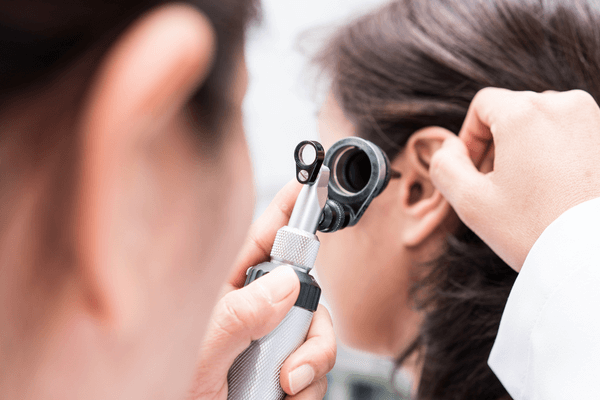Experiencing hearing loss often leads individuals to seek the guidance of their primary care physician as their initial point of contact. General practitioners possess a wide range of medical knowledge but may have limitations when it comes to addressing hearing-related concerns. General practitioners tend to handle diverse patient needs, often necessitating referrals for specialized hearing health matters. Nevertheless, dedicated hearing specialists are equipped to tackle hearing-related issues, offering a distinct advantage in this field.
Hearing Specialists vs. General Practitioners A hearing specialist, often referred to as an audiologist, is a medical professional specializing in the diagnosis and treatment of ear-related conditions. Audiologists have an extensive understanding of:
- The underlying causes of hearing loss.
- A variety of conditions affecting the outer, middle, and inner ear.
- The precise fitting of hearing aids.
- Management of issues like tinnitus and balance disorders. Hearing specialists invest significant time in patient education and guiding individuals through hearing loss challenges. Conversely, general practitioners primarily handle common health concerns and might address issues like ear infections or provide basic counseling when time permits, but they lack specialization in ear-related problems.
Accurate Diagnosis Audiologists, like Tim Harmon at Purchase Ear Technology in Paducah, offer precise diagnoses, as they possess the tools and techniques necessary to conduct thorough examinations of your ears and measure hearing issues. They can perform assessments, including:
- Evaluating inner ear function.
- Analyzing brainstem responses to audible stimuli.
- Assessing speech comprehension.
- Gauging middle ear function.
- Determining hearing sensitivity.
- Classifying the type and degree of hearing loss.
After visiting an audiologist, you leave with a comprehensive understanding of your hearing health, including what’s functioning properly, what isn’t, and the most appropriate treatment for your condition.
Personalized Treatments – Selecting an audiologist over a general practitioner provides the advantage of receiving highly personalized treatment. Hearing specialists can recommend hearing aids and therapies tailored to your specific ear condition, considering factors such as aesthetics, budget, and your unique listening requirements. This personalized approach increases the likelihood of receiving a treatment plan or device that effectively addresses your needs. Additionally, audiologists offer ongoing fine-tuning and adjustments to ensure your device operates optimally.
Immediate Earwax Removal – Audiologists can promptly address earwax buildup, eliminating the need for referrals. They possess the necessary tools for safe earwax removal, restoring your hearing without delay. Attempting to remove earwax using cotton swabs or picks can push debris further into the ear, worsening hearing and potentially causing infection. Audiologists use earwax removal solutions and specialized tools for safe and effective extraction.
Assistance with Balance Issues – Another notable benefit of consulting a hearing specialist instead of a general practitioner is their expertise in addressing balance problems. These professionals can help manage conditions like vertigo, which affect the balance mechanisms in the middle ear. They can also assist with issues related to travel, such as ear discomfort during flights or after swimming. The interconnected nature of hearing and balance health makes the audiologist’s expertise invaluable in addressing balance concerns associated with hearing conditions.
Enhanced Follow-Up Care – Audiologists often provide more comprehensive follow-up care, ensuring that your treatment progresses as expected and that you effectively manage your hearing loss. During follow-up appointments, audiologists:
- Verify that hearing devices are correctly fitted and delivering the intended benefits.
- Assess the effectiveness of tinnitus treatments and measure reductions in perceived sounds.
- Offer various ear protection options.
- Refer patients to specialists for issues like temporomandibular joint dysfunction (TMJ).
- Provide resources to aid in the management of treatment.
Multiple follow-up visits foster a closer patient-audiologist relationship, making individuals feel more at ease discussing hearing health issues and seeking advice over time.
If you have questions or if you are looking for a Paducah Area Hearing Specialist, call Purchase Ear Technology at (270) 558-3996. Purchase Ear Technology is conveniently located at 2008 Broadway St in Paducah, KY. At Purchase Ear Technology, you are more than a patient. YOU ARE FAMILY!

